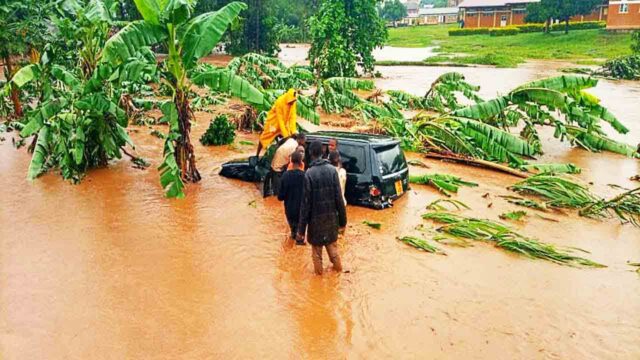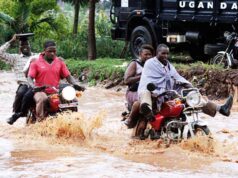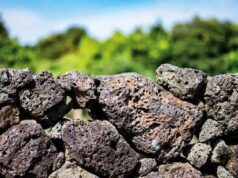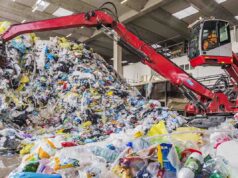By Pauline Akello
The period between July and September 2022, shall remain in the books of history as part of the most disastrous months ever seen in Uganda.
After experiencing one of its worst droughts, Uganda was hit by severe flooding which swept away homes and gardens, destroyed water sources and washed away animals in movie-like scenes.
Impact
On September 2, heavy rain triggered landslides in villages near Rubuguri in Kisoro district, South-Western Uganda, killing at least 15 people whose homes were buried at the foot of Mount Rwenzori.
Prior to that, heavy rain which stretched between July 30 and 31, 2022, caused significant flooding, landslides, and mudslides across six districts of the Mt Elgon Sub-region.
At least three major rivers burst their banks and flooded low-lying areas, washing away homes, more than 2,000 hectares (5,000 acres) of crops and animals.
Official reports indicate that at least 24 people died and about 5,600 were displaced, with 4,000 having no access to clean water.
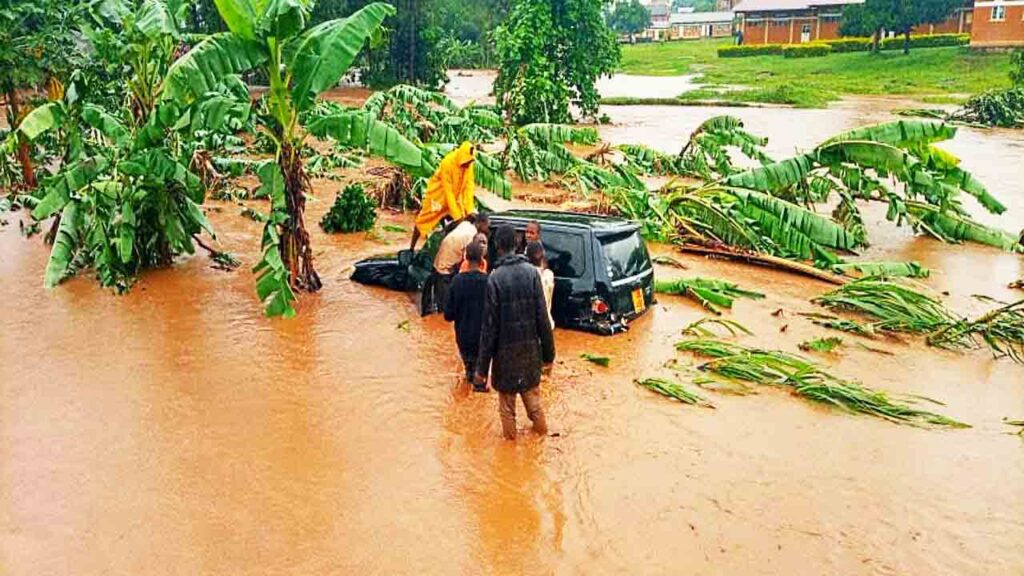
In northern Uganda, reports also revealed that Bin Aduku -Kwania in Apac district also suffered significantly due to heavy rains.
In Kampala, Bwaise, a suburb area, lying slightly above the drainage channel of the Northern bypass, has continuously been prone to and suffered flooding.
And in the West Nile region, the Pakwach bridge was submerged and traffic cut off after River Tangi burst its banks following a heavy downpour.
Motorists commuting between Pakwach and Nwoya had to use alternative routes like the Gulu-Adjumani-Laropi ferry or postpone their trips to a later date.
Seasonal evaluation reports predict substantial rainfall across the country between July and December.
This implies the country may still witness similar incidents, calling for urgent actions to avert any future possibilities.
Hazardous attitudes
The Executive Director of National Association of Professional Environmentalists (NAPE), Frank Muramuzi, says the long-term solution is to protect the environment.
Muramuzi says Ugandans should stay clear of wetland and riverbanks, and avoid destroying rivers.
He notes that climate change is evident and we can no longer predict when the rains will come and how intense they will be.
“Many parts of Uganda are prone to flooding after heavy rains, but the whole country is vulnerable to natural disasters,” Muramuzi says.
According to the United Nations Office for Co-ordination of Humanitarian Affairs, more than 300,000 Ugandans tasted the wrath of floods and landslides in both Eastern and Western regions.
As more people settle on mountains, more trees are felled to pave way for construction of homes and establishment of agricultural land, leaving the environment prone to all forms of disasters.
What is at stake
The human life and all forms of livelihoods are at stake if nothing is done to sustainably change the situation. This reveals how dangerous ignoring the tide is to humanity.
For instance, looking at the farming community which is our society’s lifeline, rain washing away gardens like we witnessed in Mbale, disrupts the food chain.
Ernest Namanya, the Executive Director of Latek Stay Alliance Uganda, an umbrella organization of national and international social entrepreneurs, says their projects were significantly ruined by the floods.
“Rain swept away the whole nursery bed we had just set up,” Namanya says.
He says environmental issues plaguing Uganda need to be dealt with in progressive steps by making seemingly unrealistic solutions realistic.
According to Namanya, their organisation has considered new factors through applying technology and information in planning and building processes to ensure peaceful interaction with nature.
He says: “Becoming environmentally sound and securing sustainable development which begins by getting more attention to the issue is the best thing to do.”
Fundamental efforts in research, monitoring and assessment will help with the growing environmental risk assessments and management to better handle future weather crises.
Muramuzi promised to keep the conversation going and dive deeper into awareness creation.
He says Uganda’s interests have to stay at the forefront by pushing for and shedding lights on the impacts of the floods and what needs to be done.
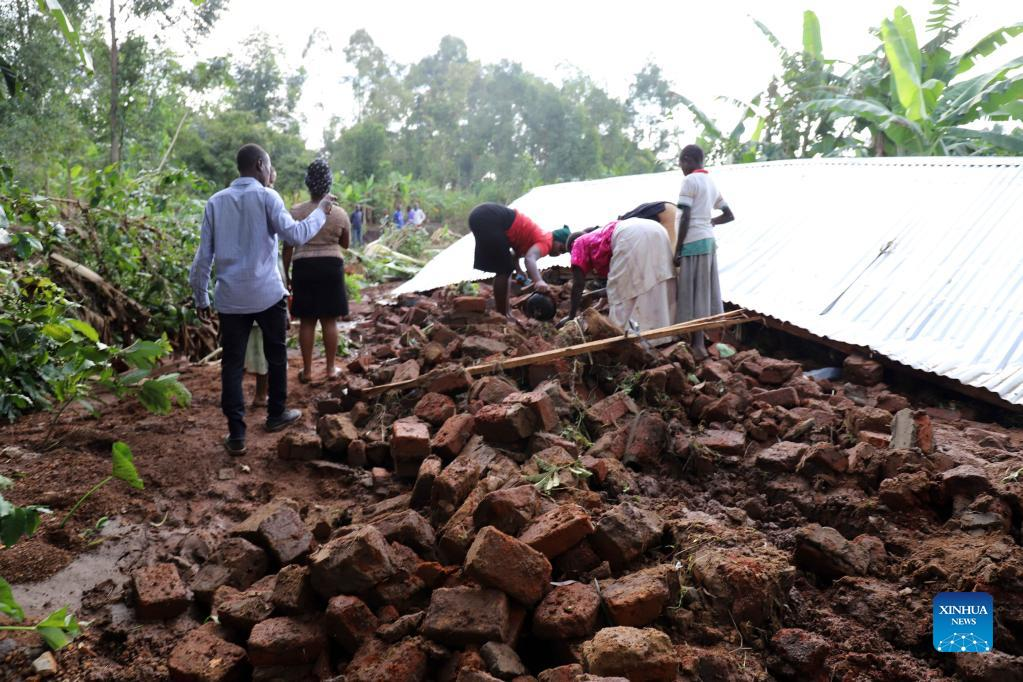
Paying our dues
Muramuzi says Ugandans must become keen attendants to what is happening in the country.
In theory, the government is often ascribed a pivotal role in protecting the environment.
This is through the implementation of environmental policies that protect the environment directly or solve collective environmental problems.
However, Muramuzi believes citizens have the duty to check those in leadership whether they are playing their role.
















